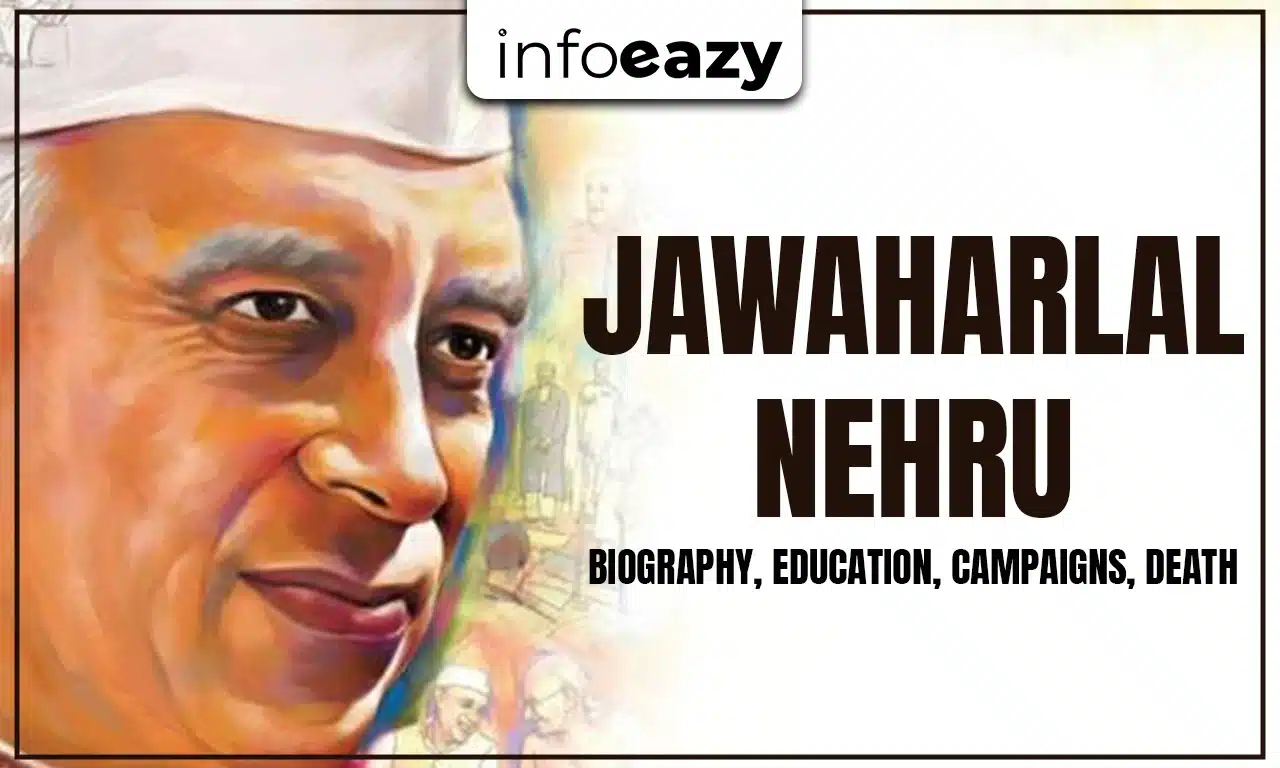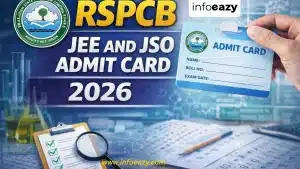Jawaharlal Nehru, widely known as Pandit Nehru, was one of the most prominent leaders of India’s independence movement and the country’s first Prime Minister. Revered as the architect of modern India, Nehru played a crucial role in shaping the nation’s political, economic, and social framework. This article provides an in-depth look at his life, education, political campaigns, and his enduring legacy.
Who was Jawaharlal Nehru?
Jawaharlal Nehru was India’s first Prime Minister and a central figure in the country’s struggle for independence. He was a visionary leader, advocating democracy, secularism, and modernization. Nehru is also remembered as a writer and thinker who shaped India’s political and social framework.
Jawaharlal Nehru’s Early Life and Family
Jawaharlal Nehru was born on 14th November 1889 in Allahabad, Uttar Pradesh, into a wealthy and influential Kashmiri Brahmin family. His father, Motilal Nehru, was a distinguished lawyer and a prominent leader of the Indian National Congress. Nehru’s mother, Swarup Rani Nehru, instilled strong moral and cultural values in him from a young age. Growing up in a privileged household, Nehru was exposed to politics, literature, and social reform ideas, which later shaped his vision for India.
Jawaharlal Nehru’s Father
Jawaharlal Nehru’s father, Motilal Nehru, was a prominent lawyer and a leading figure in the Indian National Congress. He played a key role in India’s freedom struggle and was known for his wealth, influence, and progressive outlook. Motilal inspired Nehru’s political ambitions and shaped his vision for an independent India.
Jawaharlal Nehru: Timeline
Jawaharlal Nehru’s life was marked by pivotal events that shaped India’s freedom struggle and the nation’s early years of independence. The following timeline highlights key moments in his personal, political, and professional journey.
| Jawaharlal Nehru: Timeline | |
| Year | Event |
| 1889 | Born in Allahabad, British India |
| 1912 | Called to the bar at Inner Temple, London |
| 1916 | Met Mahatma Gandhi; joined the Indian National Congress |
| 1920–22 | Imprisoned during the Non-Cooperation Movement |
| 1929 | Declared “Poorna Swaraj” as INC President |
| 1930 | Led the Salt March against British salt laws |
| 1947 | India gained independence; became the first Prime Minister |
| 1947 | Delivered “Tryst with Destiny” speech |
| 1950s | Established IITs; promoted industrialization |
| 1955 | Instrumental in forming the Non-Aligned Movement |
| 1964 | Passed away on May 27; succeeded by Lal Bahadur Shastri |
Education of Jawaharlal Nehru
Nehru received a world-class education. He attended Harrow School in England for his early schooling, where he developed a love for literature and history. He later enrolled at Trinity College, Cambridge, graduating in Natural Sciences in 1910. Following his time at Cambridge, Nehru studied law at the Inner Temple, London, and was called to the bar in 1912.
After returning to India, Nehru practiced law under his father’s guidance but soon realized that his true calling was politics and public service. His exposure to Western education and liberal thought gave him a unique perspective, which later influenced India’s policies on democracy, secularism, and industrial development.
Political Career and Campaigns
Jawaharlal Nehru’s political career began in the 1920s when he joined the Indian National Congress. He became a close associate of Mahatma Gandhi and embraced the principles of non-violence and civil disobedience. Nehru’s commitment to India’s freedom struggle made him a target of British authorities, and he was imprisoned multiple times between 1921 and 1942.
-
- Non-Cooperation and Civil Disobedience Movements: Nehru actively participated in the Gandhi-led movements against British rule. He mobilized the youth and emphasized mass participation in protests, strikes, and boycotts.
- Advocate for Industrialization and Scientific Progress: Unlike many contemporaries, Nehru believed in modern industrial and scientific development as essential for India’s progress. He pushed for the establishment of institutes like the Indian Institutes of Technology (IITs).
- Role in the Quit India Movement (1942): Nehru played a vital role in the Quit India Movement, demanding an immediate end to British rule. His leadership during this campaign earned him widespread respect and solidified his position as a national leader.
- Vision for a Democratic and Secular India: Even before independence, Nehru envisioned a country based on democratic values, secularism, and social justice. He championed education, women’s rights, and the upliftment of marginalized communities.
Nehru as India’s First Prime Minister
After India gained independence on 15th August 1947, Nehru became the country’s first Prime Minister, a position he held until his death in 1964. He laid the foundation of modern India with policies that promoted:
- Industrialization through the establishment of public sector enterprises
- Scientific research and technology development
- Non-alignment in international affairs during the Cold War
- Social reforms, including education for all and land reforms
Also Read: Lal Bahadur Shastri
Awards and Honours
Jawaharlal Nehru received numerous awards and recognitions for his contributions to India and the world:
- Bharat Ratna (India’s highest civilian award): Conferred posthumously in 1966 for his outstanding service to the nation.
- Jawaharlal Nehru University (JNU), Delhi: Established in 1969 and named in his honour to promote higher education and research.
- Nehru Planetarium, New Delhi: Named after him to encourage scientific learning and astronomy.
- International Recognition: Celebrated globally for promoting democracy, non-alignment, and world peace.
Death and Legacy
Jawaharlal Nehru passed away on 27th May 1964 due to a heart attack. His death marked the end of an era in Indian politics. Nehru is remembered for his visionary approach, commitment to democracy, and efforts to modernize India. He was posthumously awarded the Bharat Ratna, India’s highest civilian honor.
Nehru’s birthday, 14th November, is celebrated as Children’s Day in India, honoring his love for children and education. His writings, particularly “Glimpses of World History” and “The Discovery of India”, continue to inspire generations.
Jawaharlal Nehru FAQs
Q1. When and where was Jawaharlal Nehru born?+
Q2. What was Nehru’s role in India’s independence movement?+
Q3. What is Nehru’s contribution as Prime Minister?+
Q4. When did Jawaharlal Nehru die?+
Q5. Why is Nehru’s birthday celebrated as Children’s Day in India?+
Tags: jawaharlal Jawaharlal Nehru




